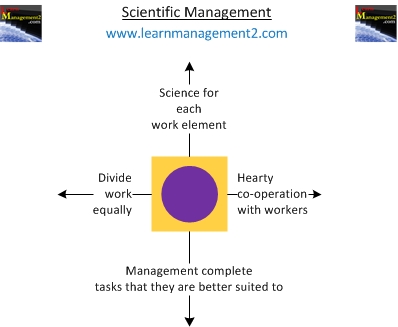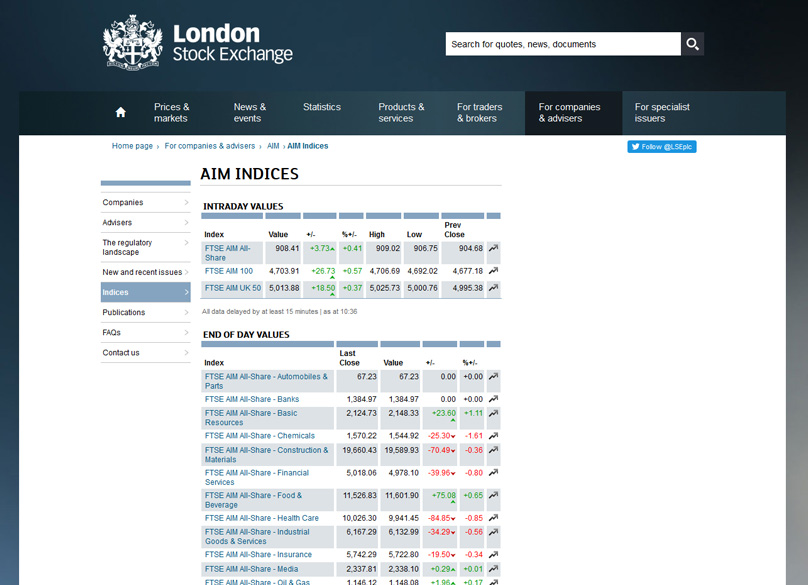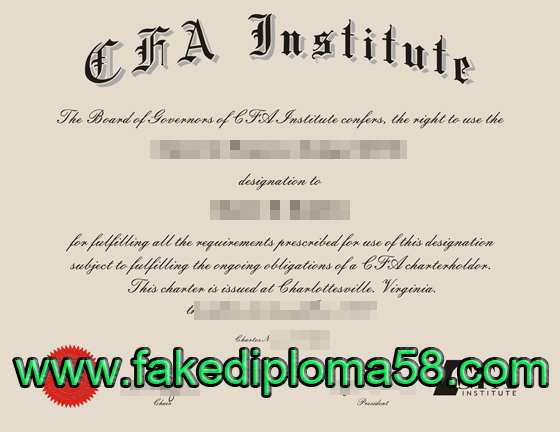Your guide to SBA loans and what you need to qualify
Contents:


We do because it allows us to better understand the overall sales journal profile of the business and its principals. We like to see both financial profiles are stable and cash flow positive. Furthermore, it is more often than not a guaranty from the principals is required. SBA loans can be ideal for working capital, property loans and disaster relief.
SBA loan guide: What they are and how to apply – Yahoo Finance
SBA loan guide: What they are and how to apply.
Posted: Wed, 22 Mar 2023 07:00:00 GMT [source]
It’s not uncommon to find our lenders providing trusted advice which has saved Flagship customer’s time and money. If you’re applying for a loan, they’re going to check both your business and personal credit. While every situation is different, the general rule is that a credit score of 620 or higher is needed to acquire an SBA loan. If your revenue tends to fluctuate or you have a spotty credit report, lenders are more likely to ask for collateral. Examples include vehicles, real estate, or equipment that you own.
SBA 7(a) Application Process
Small businesses fuel the US economy and their success is key to continuing that trend. Yet, in order for small businesses to be successful, they need the funds to operate and grow their business. How to save time during the application process and increase your approval chances. You could go through each lender’s lengthy process or use a lending platform to submit one application to several SBA-designated “Preferred Lenders”.
Pros And Cons Of SBA Loans – Bankrate.com
Pros And Cons Of SBA Loans.
Posted: Tue, 24 Jan 2023 08:00:00 GMT [source]
Check with the lender before starting the application to find out which path is appropriate for your business. The Small Business Administration is a U.S. government entity whose mission is “to maintain and strengthen the nation’s economy by enabling the establishment and viability of small businesses…”. As part of this mission, the SBA’s lending programs offer business loans that are partially guaranteed by the agency, meaning that the SBA will “stand behind” a portion of the loan.
The SBA 7(a) Loan program
Many small business owners seek out initial loans from banks, friends and family, and other outside investors, but if you’ve exhausted all of these options, it may be time to look into SBA loans. SBA loans have low rates and long terms, making them a desirable option for small business owners. Learn which types of SBA loans are available and how to apply for one. SBA loans are one of the best funding options available because of the cap on interest rates and the reduced risk to business owners. SBA loan rates vary by lender but are based on the daily prime rate plus a set rate determined by your lender, which can’t exceed predetermined rates set by the SBA. Here’s a look at the maximum variable rates for select SBA loan types, calculated using the SBAs set rates added to a current prime rate of 8.00 percent.
A key consideration when looking at an SBA loan option is the costs to close and the collateral requirements. An SBA guarantee does come at a cost and we would encourage you to review the investment vs a traditional loan opportunity. The two most common types of SBA loans are the SBA 504 and the 7a loan. A business owner would typically use a 504 loan for long-term, fixed-rate financing to buy, modernize or renovate owner-occupied property, machinery, equipment or other large assets.
Qualification requirements for SBA loans
An SBA loan is a term loan or line of credit offered by a bank, credit union or alternative lender and backed by the Small Business Administration . There are multiple types, but all are designed to cover working capital, expansion and large purchases for small businesses. Bankrate.com is an independent, advertising-supported publisher and comparison service.
Lenders appreciate SBA loan programs because the SBA shoulders some of the risk for the lender by guaranteeing a portion of the loan amount. Because of that guarantee, lenders are able to offer more flexible payment terms and lower interest rates than most small businesses would otherwise be able to get. SBA loans require a personal guarantee from anyone who owns 20% or more of the business applying for the loan. A personal guarantee is an agreement the borrower signs that authorizes a lender to use their personal assets to pay back the SBA loan in an event of default. Personal assets most often include the owner’s personal real estate, savings or retirement, or investment accounts.
Best types of small business loans: how to choose
According to the SBA, you should hear from interested lenders within about two business days. And you’ll then review all your info to be sure it’s correct. You’ll then need to select your industry from a dropdown list of options, and you’ll indicate how much experience you have — ranging from less than one year to five or more. The first step in the lender match process is to create an account by entering your full name, email address, and phone number, followed by submitting a new request. You’ll also need to provide a comprehensive, one-year projection of income, finances, and a written explanation as to how you expect to achieve this projection.

Now you’ve decided an SBA loan is the right way to fund your business, your next step will be to figure out which SBA loan is right for you. Further, because borrowers have no direct contact with the approvers at the Small Business Administration, they can often feel left in the dark. Let’s start with some understanding of how an SBA loan works. If you want to get an SBA loan you don’t go directly to the Small Business Administration. The United States has approximately 30.2 million small businesses. In fact, 99.9% of all businesses across the US are considered small businesses.
SBA Loans for Your Small Business
Whereas traditional SBA loans have a maximum interest rate of prime + 2.75%, SBA Express loans carry interest rates of prime + 4.5%–6.5%, depending on the size of the loan. Usually, lending institutions have their own evaluation process and eligibility criteria to accept SBA loan applications, even for applications that follow guidelines drafted alongside the SBA agencies. Before you apply for a loan from the SBA, it’s worth getting familiar with the loan application process so you know what to expect moving forward. Under the program, up to $250,000 is available to startups and established companies that wish to expand.

Economic Injury Disaster Loans are meant to help companies impacted by a disaster in a declared disaster area. As with any financial decision, assess your business’s situation and talk with a financial advisor to make sure your company is healthy enough to take on debt. SBA prepares a loan authorization for the small business owner.
How To Get An SBA Startup Loan – Bankrate.com
How To Get An SBA Startup Loan.
Posted: Mon, 17 Apr 2023 07:00:00 GMT [source]
They also tend to be much more difficult to obtain that a traditional SBA loan—particularly for young companies. The SBA also offers financing for companies that need working capital advances on export orders, receivables or letters of credit under its Export Working Capital Program. According to Manger, 8 percent of micro loan borrowers return to the SBA when seeking larger amounts of capital. You can not use these funds to buy inventory, consolidate debt, or as working capital.
- The SBA 504 Loan Program provides long-term, fixed-rate financing to assist small businesses expand by acquiring land, buildings, machinery and equipment.
- Business owners can work with local lenders to get the funding they need.
- Lenders want to see that your business will be successful, so you can pay them back.
- Factors only pay a portion of the value of the invoices up front.
- SBA loans with a longer term may have a minimal prepayment penalty in the first three years.
- For example, the Paycheck Protection Program is a forgivable loan that helps businesses pay their payroll while they are shut down.
Funds are relatively flexible and you can use them to cover working capital costs, buy inventory, acquire assets, and more. To qualify for 8 financing, small businesses must be at least 51 percent owned by a U.S. citizen entrepreneur who is socially or economically disadvantaged. Owners must have less than $4 million in assets and a personal net worth of $250,000 or less; their average adjusted gross income over the previous three years needs to be $250,000 or less, too. Owners must also manage day-to-day operations and their business needs to have a track record of successful performance. To qualify for funding, businesses can not be worth more than $15 million and they must have an average net income of $5 million or less after taxes over the two previous years, according to the SBA.
We mentioned a list earlier of basic requirements that you should have prepared before applying for a business loan. Make sure you have all of those details together in order to make the application process go as smoothly as possible. Before you can apply for a loan, you need to determine what type of loan your business needs.